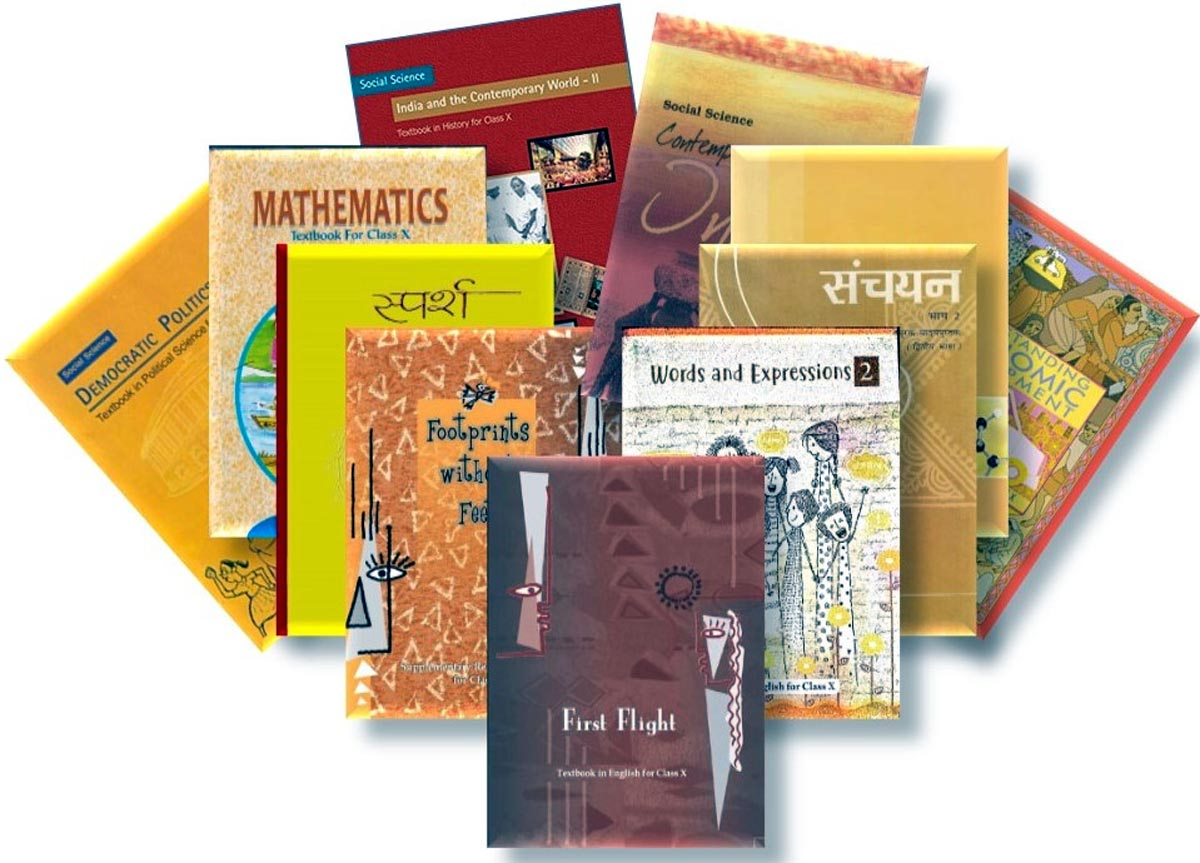Note4Students
From UPSC perspective, the following things are important :
Prelims level: Periodic Table
Mains level: Read the attached story

Central Idea
- Changes notified by NCERT: The NCERT notified changes in its June 2022 circular, omitted the Periodic Table from 10th class books. This has been widely debated in academic circles.
- New textbooks hit the market: The textbooks with the deletions and changes have now been released in the market.
What is Periodic Table?
| Description | |
| History | Developed by Dmitri Mendeleev in 1869. He arranged elements based on their atomic masses and predicted the existence of undiscovered elements. |
| Organization | Elements are arranged based on their atomic numbers, electron configurations, and properties. |
| Periods | There are seven periods (rows) in the table, representing different principal energy levels. |
| Groups | The table has 18 groups (columns), with elements in the same group sharing similar properties. |
| Main Groups | Elements in groups 1, 2, and 13 to 18 are referred to as main group elements. |
| Transition Metals | Groups 3 to 12 consist of transition metals, known for their variable oxidation states. |
| Lanthanides | The first row of the f-block contains the 15 lanthanide elements. |
| Actinides | The second row of the f-block contains the 15 actinide elements. |
| Periodic Trends | Various trends exist across the table, such as atomic radius, ionization energy, and electronegativity. |
| Periodic Law | The chemical and physical properties of elements repeat in a periodic manner based on their atomic numbers. |
| Modern Versions | Modern versions incorporate atomic numbers and reflect our understanding of atomic structure. |
| International Union of Pure and Applied Chemistry (IUPAC) | IUPAC is the international organization responsible for the standardization of chemical nomenclature, symbols, and the Periodic Table. |
| Database Management | Several organizations and databases manage and maintain comprehensive information about the elements, their properties, and the Periodic Table. Examples include the IUPAC, the National Institute of Standards and Technology (NIST), and the Royal Society of Chemistry (RSC). |
Why this matters?
- NCERT textbooks as a cornerstone: NCERT textbooks are considered a cornerstone for guiding the publication of State board textbooks, affecting nearly 60 State boards.
- Concerns for non-science stream students: With a significant number of students opting for Arts and Commerce streams, they may lose the opportunity to learn crucial basic Chemistry concepts now only accessible in Class XI.
Controversial Deletions and Omissions by NCERT
- Fundamental knowledge of chemistry: Experts argue that leaving out the periodic table and logical organization of elements from the textbooks hinders students’ understanding of fundamental chemistry concepts.
- Rationalization of contents due to the pandemic: The NCERT claims that the exercise of reducing the content load on students is carried out across all classes in response to the COVID-19 pandemic.
- Previous controversial deletions: Earlier, NCERT dropped Darwin’s theory of evolution from Class X textbooks and deleted chapters from Political Science textbooks, including Democracy and Diversity, Popular Struggles and Movements, Political Parties, and Challenges to Democracy.
Additional controversial omissions
- Exclusion of Maulana Abul Kalam Azad: Any mention of Maulana Abul Kalam Azad, a freedom fighter and India’s first Education Minister, has been deleted from the textbooks.
- Omission of J&K’s accession to India: The fact that Jammu and Kashmir acceded to India on the basis of autonomy has been removed from the revised Class XI textbook.
- Further omissions in the CBSE syllabus: The history of Mughal courts, references to the 2002 communal riots in Gujarat, the Naxalite movement, and mention of Dalit writers were also omitted from the CBSE syllabus.
Reasons cited for curriculum revamp
- Multiple sets of authors: Textbooks have undergone changes over the years, written by different sets of historians. There have been no controversies regarding these changes.
- Celebration of diversity and assimilation: Exclusively holding on to one set of textbooks is contrary to the spirit of a civilization that celebrates diversity and assimilation.
- NCF’s efforts for inclusive representations: The National Curriculum Framework (NCF) aims to bring a plurality of voices and more inclusive representations of marginalized and previously excluded history.
Allegations of Distortions in history textbooks
- Deliberate distortions: Some sections of the media allege that the corrections and improvements made in the NCERT history textbooks are deliberate distortions or rewriting of history.
- Sense of entitlement: The charge of rewriting history under a specific ideology betrays a sense of entitlement, suggesting that only one set of historians had the knowledge to determine what should be taught.
- Autonomy breach: While autonomy in academic and intellectual activities is crucial, the notion that institutional autonomy has been undermined and academic freedom is under stress is a one-sided and pointless exercise.
Way forward
- Logical revision: There is an urgent need for a comprehensive revision of NCERT textbooks, not only in history but in all subjects, to incorporate new knowledge and discoveries.
- Prudent use of existing textbooks: Until a detailed plan and advice for a comprehensive revision of books and syllabi is formulated, NCERT has chosen to use the existing textbooks.
- Presenting facts lucidly: Textbooks should present facts lucidly, allowing students to acquire the knowledge they seek.
- Avoid politicizing: Academics and politicians should refrain from politicizing school textbooks and instead focus on telling students the stories of the past without weaving in half-truths or erasing vast chunks of history.
- Addressing gaps and inclusivity: Continuous revision of the curriculum is necessary to address gaps, make textbooks relevant, and ensure inclusivity.
Get an IAS/IPS ranker as your 1: 1 personal mentor for UPSC 2024
